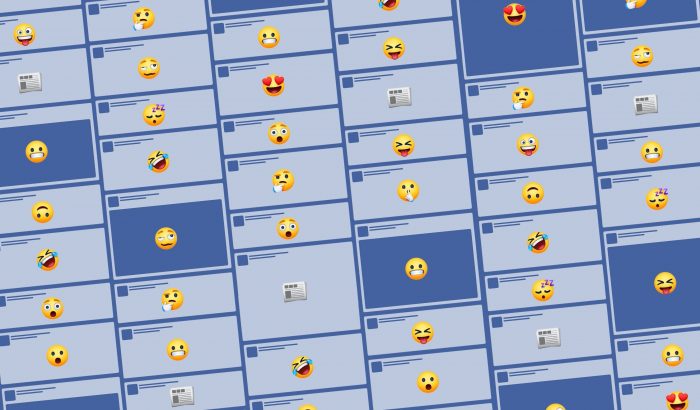
On Monday, the consortium of news organizations tasked with combing through Frances Haugen’s Facebook documents expanded its ranks to include my small, independent newsletter, Big Technology. While it’s nice to be in this consortium — which includes the AP, The New York Times, The Atlantic, and others — I now believe it’s time to dissolve it.
The Facebook documents that Haugen’s handed over to us — thousands upon thousands, with information about crucial aspects of Facebook’s decision-making — are simply too important to the public interest to keep under wraps. Right now, they’re available to us in a Google Drive, organized fairly neatly, and we are able to download them. But instead of a consortium of reporters sorting through them and writing stories based on what we see, we should expand our efforts to focus on the responsible redaction and wide release of these documents.
Releasing the documents will be challenging, no doubt. In their current form, they are poorly redacted and can’t simply be dumped on the web due to privacy and safety concerns. Some documents also contain issues dealing with national security that may not make sense to release immediately, or at all. But these can’t be barriers to making a wide array of these documents available to the public, especially to the people most exposed to some of the policies we’ve been writing about. Unfortunately, there isn’t a single publication in the group from outside North America and Europe.
More than 3.5 billion people use the Facebook family of apps each month, the company said in its earnings report Monday. The Facebook documents I’ve looked at so far contain a wild amount of information that unpacks decisions that impact their experiences online and offline. A document I came across Monday, for example, contained details of an experiment Facebook ran to all but turn off the News Feed ranking algorithm for .05% of its users. The public deserves to read the documents, not just the few dozen journalists in the consortium. Society distrusts institutions when a handful of gatekeepers withhold information that applies to their lives.
So how do we dissolve the consortium? We do it by making the group unnecessary through the steady, responsible release of these documents to the public. There are indeed serious liability concerns for those who publish them, but they can be assuaged with responsible redaction — which we all know how to do — and with, gulp, forward-thinking lawyers. Third-party organizations like Whistleblower Aid could play a role here too, using their resources and lawyers to help release the documents. And we can enlist interested individuals as well.
I don’t have all the answers. But what I do have is a view into a trove of documents that I’m sure belong in the public’s hands. The more broadly available we can make them, the closer we can get to solving the problems they uncover. It’s time for us to figure out a way to get these documents out.
Alex Kantrowitz writes Big Technology, a newsletter about Big Tech and society. To get it in your inbox each week, you can sign up here.